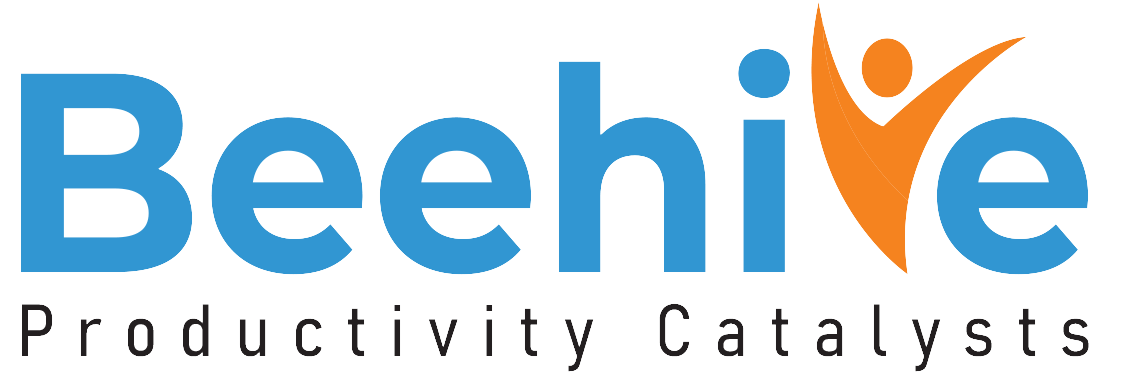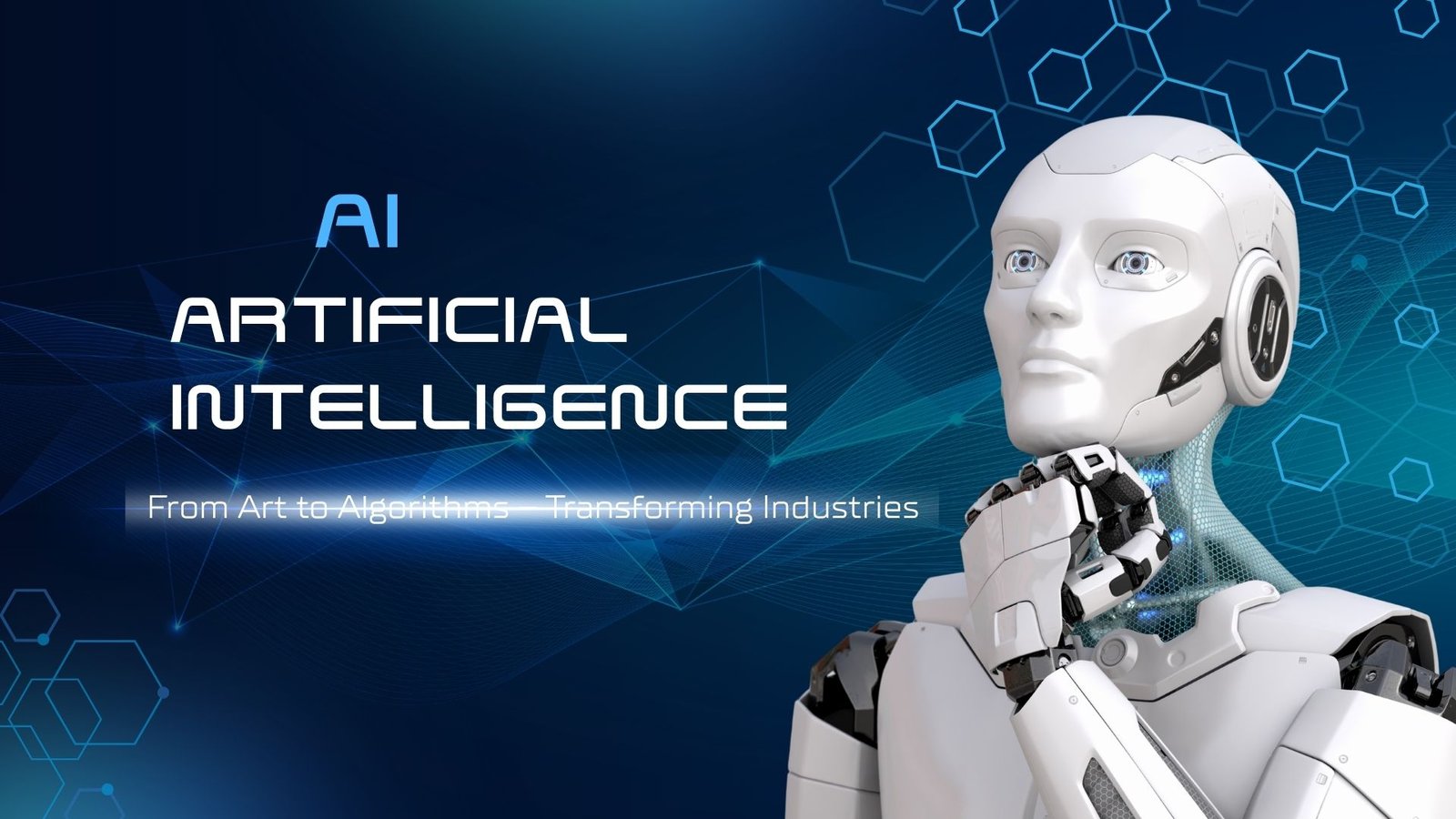In the AI era, upskilling is not optional
Here’s a number that should make everyone stop scrolling: 375 million people may need to switch jobs by 2030. That’s not a typo. That’s about 14% of the entire global workforce. It’s not a catchy headline; it’s the reality, thanks to automation, digitization, and AI reshaping the job market faster than most companies can keep up. And yet… a lot of organizations are still acting like this is a “future problem.”
Spoiler: it’s already here.
AI is replacing tasks but also creating new ones
While some roles are being automated out of existence, new ones are popping up in their place. The twist? Most companies aren’t ready to fill them. The Future of Jobs Report 2025 says that 40% of employers expect job cuts due to AI. But at the same time, many can’t find qualified people for the brand-new AI-powered roles they do need.
That’s not a hiring problem. That’s a planning problem. And the companies that figure out upskilling and career pivots now will be the ones leading the AI economy.
Skills are expiring fast
Let’s talk about the elephant in the training room: Skills don’t last like they used to. In tech roles, skills go stale every 2 to 3 years. That’s a half-life crisis.
Too many companies wait until people are already at risk of layoffs to start thinking about reskilling. By then, it’s usually too late.
What we need is predictive upskilling, using smart tools to identify which roles are going to be disrupted before they are, and helping people prep for that shift early.
HR Tech has to grow up
Traditional HR systems were built for a world where people stayed in the same role for a decade or two. That world is gone.
Now we need HR platforms that are flexible, intelligent, and proactive, not only tracking who works where, but:
- Spotting future skill gaps
- Mapping new roles
- Guiding career shifts
- Making learning part of daily work
The next-gen HRMS should be your company’s career GPS, not a dusty filing cabinet.
Learning that actually fits modern work
Forget six-month certification courses no one finishes. Today’s workers need:
- Bite-sized, just-in-time learning
- Mobile-first access
- Personalized content based on their roles and goals
The best systems now use AI to recommend learning paths, deliver content in the flow of work, and track how those skills show up in real-world performance.
You already have the talent
Only 29% of businesses expect talent availability to improve between now and 2030. So instead of waiting for unicorn candidates to fall from the sky, how about looking inward? If someone’s role is becoming obsolete, don’t let them go. Help them pivot. With the right internal mobility system, you can:
- Spot transferable skills
- Recommend new paths
- Guide people through career web
And trust us, this is cheaper, faster, and way less painful than layoffs + rehiring.
Career changes are personal
A career pivot is more than a professional shift, call it an identity crisis. Imagine being in a role for 15 years, and suddenly AI can do 80% of your job. That’s not just change. That’s whiplash.
What employees need is:
- Permission to learn again
- Psychological safety
- Support from mentors and peers
- A growth mindset that’s encouraged
The best HR management software supports the emotional journey behind a major career shift.
Upskilling save money
Replacing an employee can cost 50–200% of their annual salary. But upskilling them usually costs around 10–15%. So yeah, the ROI makes itself obvious. But it’s not just about money:
- Development = Retention
- Learning = Innovation
- Career clarity = Employee loyalty
Investing in people is the survival strategy.
What the tech stack needs to do
A truly future-ready career system needs to:
- Offer personalized coaching with AI
- Track career aspirations and performance
- Integrate across your LMS, performance tools, recruiting, and succession planning
- Show which skills are fading, and what needs to replace them
Basically: one system that sees the big picture, and helps you act on it.
Build a company that evolves with its people
Upskilling doesn’t just help your team adapt. It helps your entire company stay relevant. Organizations that can learn fast, retrain on the fly, and pivot people into the right roles will thrive in this AI moment.
Build partnerships with learning providers and keep it all connected through one system. Otherwise, you will end up with more disconnected spreadsheets than skill-building.
Beehive HRMS: Helping you pivot before the panic
At Beehive, we believe the future of work is about empowering people growing into what’s next. We help companies evolve alongside their people, not replace them.
AI is reshaping jobs. You can either build a strategy around upskilling and career pivots, or you can keep hoping the talent market magically saves you.
One option makes you future-ready.
The other makes you… irrelevant.
Beehive HRMS is built for the companies who want to lead the change, not chase it.
Let’s start building a workforce that’s ready—for anything.
Beehive HRMS: We are all in on transparency
At Beehive HRMS, we have been watching this shift and building for it. We support transparency and helping organizations build compensation strategies that make sense to candidates, HR, and leadership.
Companies that embrace salary transparency are sending a message: We know what talent wants, and we are not afraid to be real about it.
It’s time we turn this honesty into a hiring advantage because transparency is not a risk but a strategy. Want to make it work for you? Let’s talk.






